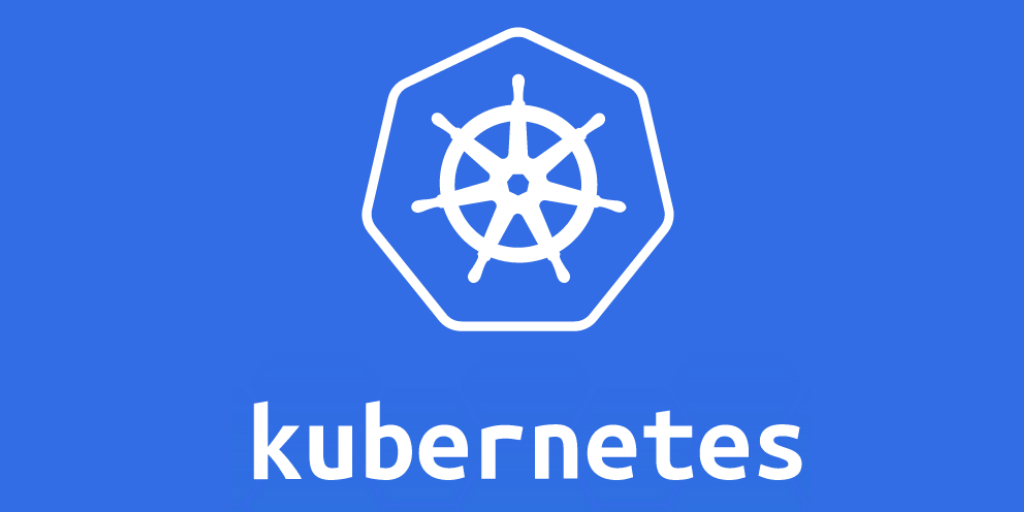October 29-31: create a production-ready Kubernetes cluster

Southbridge conducts live and online intensively at Cubernétes.
The material is designed for those who know Linux, Docker, Kubernetes, Ansible, Helm and Git.
Intensive - first and foremost practice. Each member will create their own cluster in the cloud Selectel .
The theoretical part is not a retelling of the manuals, but the experience and recommendations of the speakers.
Occupation Topics:
Topic number 1: The process of creating a failover cluster from within
• Work with Kubeadm
• Practice
Topic 2: Understanding Kubernetes Controllers
• Informer, ListWatcher, Resource Event Handler, SharedInformer, Workqueue
Topic 3: Authorization in a cluster using an external provider
• LDAP integration: Nginx and Python / Coreos dex
Topic 4: Networking
• Introduction to CNI
• Network Security Policy
• Practice
Topic 5: Secure and Highly Available Applications in a Cluster
• PodSecurityPolicy, PodDisruptionBudget
Topic 6: Stateful applications in a cluster
• Starting a PostgreSQL cluster
• Starting a MongoDB cluster
Topic 7: Implementation of deployment strategies other than RollingUpdate
• Canary, Blue / Green
Topic 8: Backup and Restore after Failures
• Backup and restore a cluster using Heptio Ark and etcd
Topic 9: Keeping secrets in Vault. Pros and cons of using a real case
• The evolution of secret management
• Vault in practice, history
• Pros and cons of using Vault
Topic 10: Troubling in Kubernetes
• Trabshuting in the cluster
• Trabshuting etcd (problems, debugging and solution)
Topic 11: Practical work, application dockerization and running in a cluster (canary deployment, dynamic review, monitor release)
Practical work, application dokerization and CI / CD setup include advanced features:
• Canary deployment
• Dynamic environment review
• Release monitoring after deployment, automatic rollback to the previous version depending on PromQL results (Prometheus)
We selected topics so that 2 intensives (Slerm and MegaSlerm) include all topics in the Certified Kubernetes Administrator exam .
The first intensive (Slerm) was for those who only get acquainted with Kubernetes.
At the same time, the idea of an advanced course was born for those who already know k8s.
An example of a lecture from the first Slurm (introduction to Kubernetes).
The video is not visible, but there is a discussion in the telegram channel, the second lecturer answers the questions of the hall.
